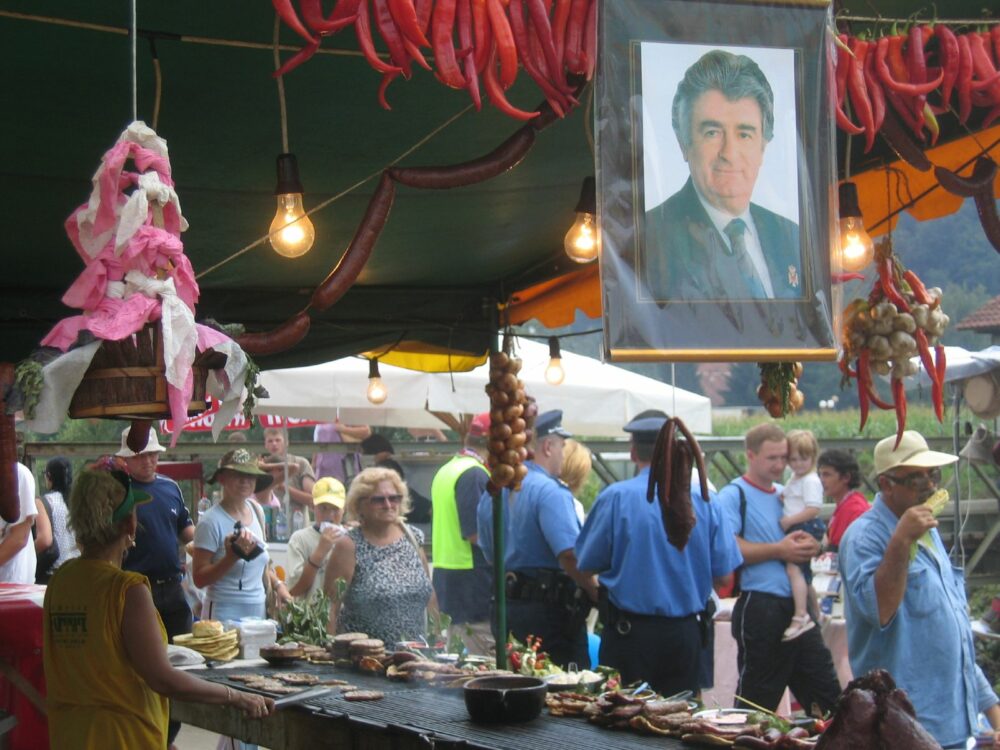U.N. appeals judges increased former Bosnian Serb leader Radovan Karadžić's 40-year sentence to life in prison after upholding his convictions for genocide, war crimes and crimes against humanity.
The judgement in the International Residual Mechanism for Criminal Tribunals at The Hague, Netherlands, brings to a close the legal odyssey of the 73-year-old former leader — and wraps up a key chapter in the quest for justice in Bosnia.







